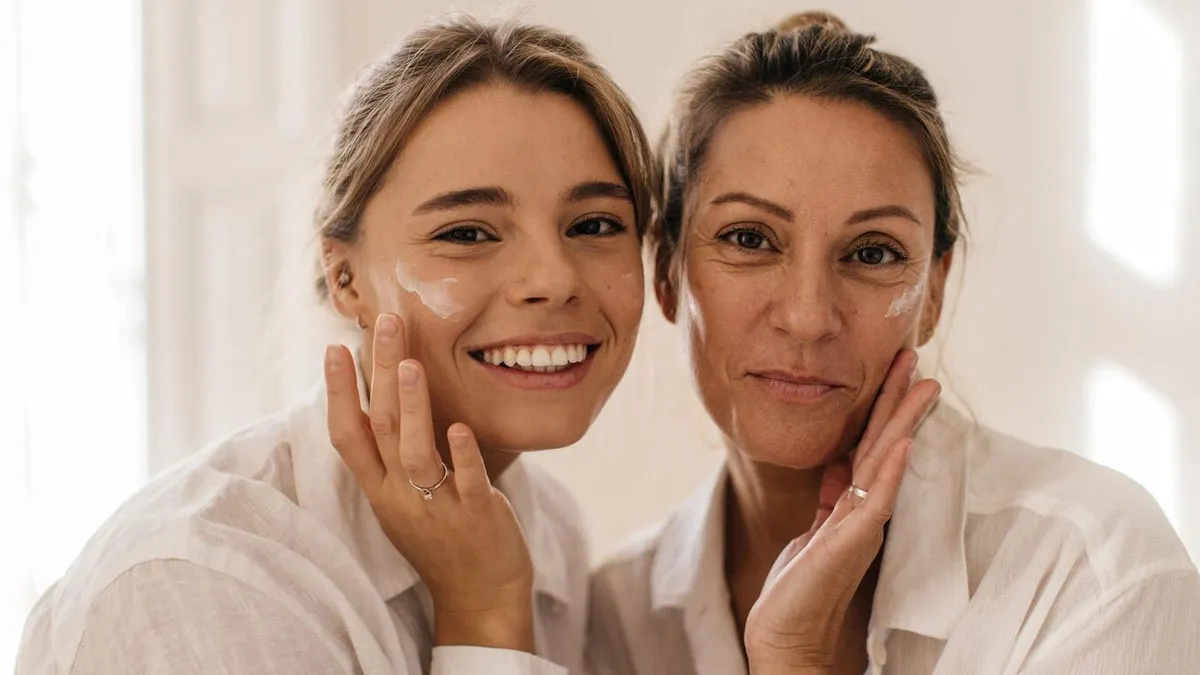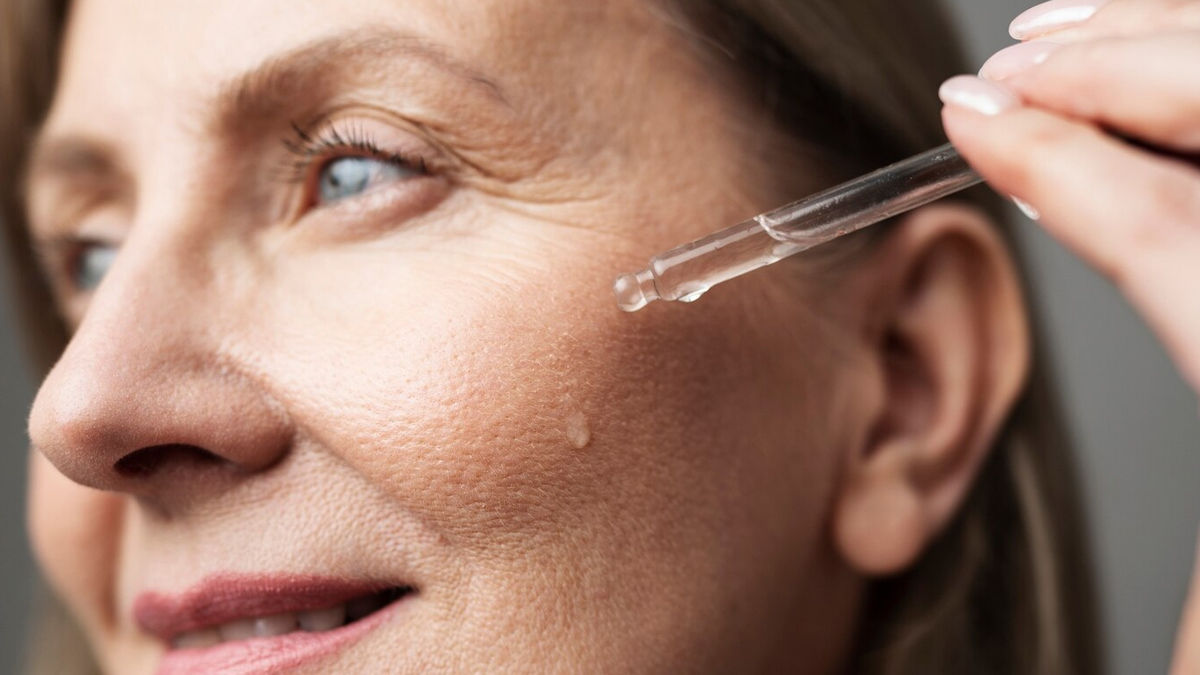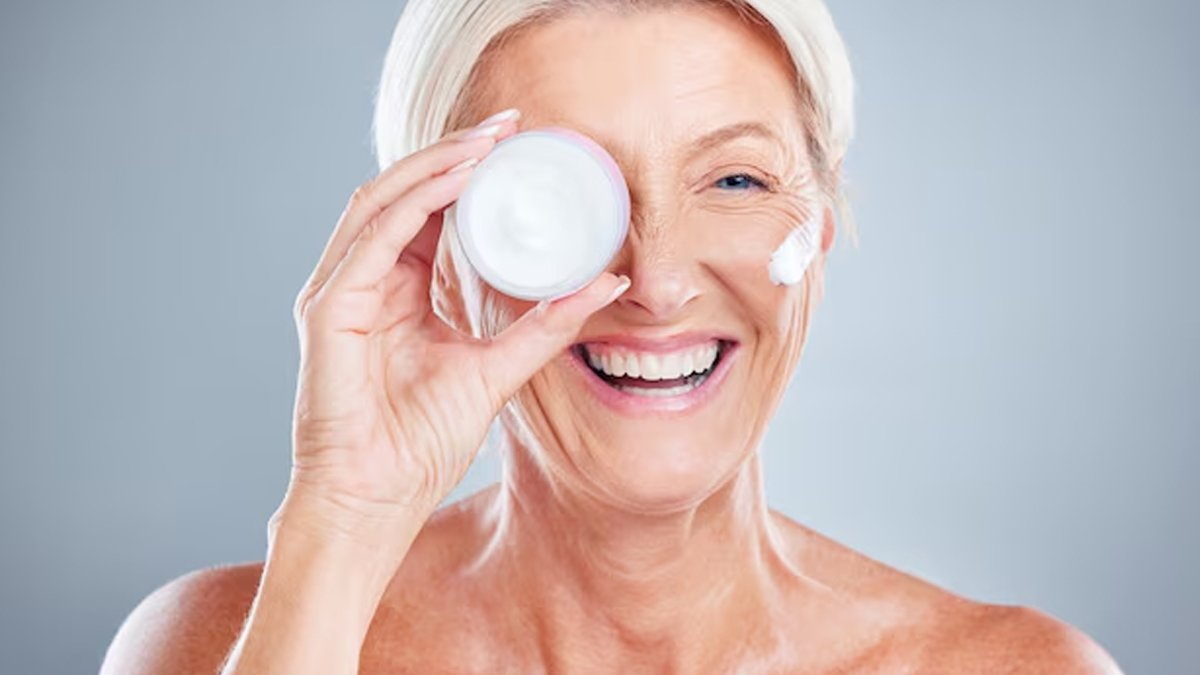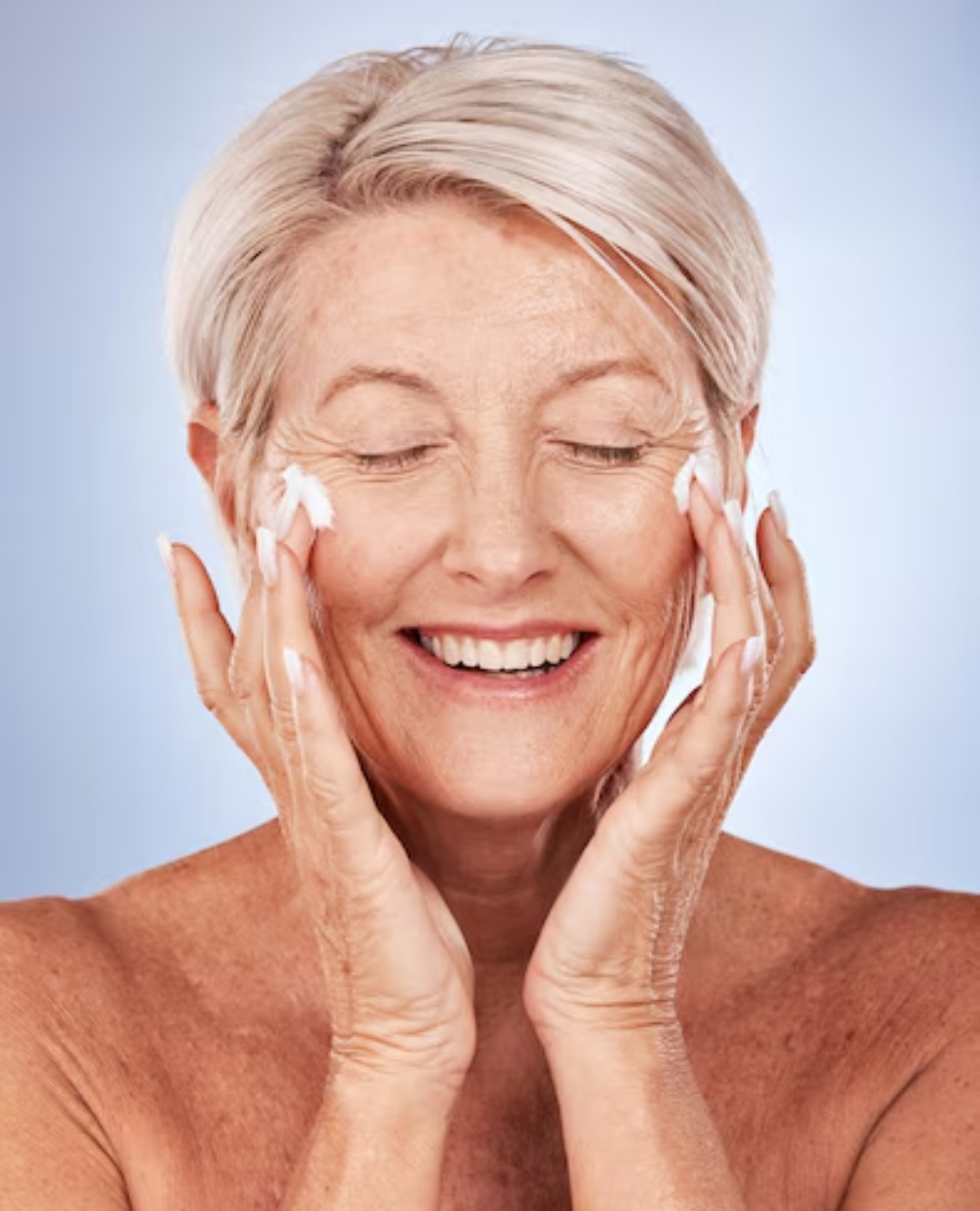
Our skin changes as we move through our 40s, 50s, and 60s, and that's completely normal! But who doesn't want their skin to look and feel great, no matter their age? The good news is that it is possible. Great skin at any age isn’t about perfection; it’s about protection, patience, and consistency. With the right approach, your 40s, 50s, and 60s can be your most radiant years yet.
Table of Content:-
We spoke to Dr Vidushi Jain, Dermatologist and Medical Head, Dermalinks, Noida and Ghaziabad, who shared a skincare guide for ageing skin.
According to the National Institute on Aging, as people age, the outer layer of their skin becomes thinner, lighter in colour, and less elastic. The blood vessels also become more delicate over time, which causes older adults to be more prone to bruising. Additionally, they may produce reduced amounts of sweat and oil from their skin's glands.
How to Enjoy Your Best Skin in Your 40s, 50s, and 60s?
In Your 40s: Prevention and Repair
“Hormonal shifts subtly change your skin's tone, texture, and elasticity in your 40s. You may see deeper lines between the eye and mouth and a reduced cell turnover rate,” said Dr Jain.
What Your Skin Requires

- Antioxidants are key: Vitamin C and E-rich serums fight oxidative stress and trigger collagen synthesis.
- Retinoids to the rescue: Using prescription retinoids or over-the-counter retinol promotes collagen production and cell turnover.
- Hydration, inside and out: Hyaluronic acid-containing moisturisers and adequate water intake keep skin full and radiant.
- Don't forget the sunscreen: UV damage adds up. Broad-spectrum SPF 30 or greater remains a must.
- Begin protecting your décolletage and neck: These regions get ignored but age just as quickly, if not more quickly.
- Pro Tip: Treat yourself with professional treatments, such as microneedling or chemical peels for gentle resurfacing and correcting early pigmentation.
Also Read: Can Blue Light Accelerate Skin Ageing? Expert Explains Its Effect On Skin
In Your 50s: Moisturise and Firm
“Menopause can impact your skin during your 50s, leading to a drop in oestrogen that causes dryness, thinning, and loss of elasticity,” added Dr Jain.
What Your Skin Needs

- Moisturisers that nourish are your ally: Opt for ceramides, peptides, and squalane to reinforce the skin barrier.
- Treatments that improve firmness: Add peptides, niacinamide, and growth factors to your treatment regimen.
- Night tone and texture: Address age spots or uneven tone with azelaic acid or lighteners.
- Lip and eye maintenance: These more delicate tissues can age more quickly. Lip care and soothing eye creams maintain volume and prevent creping.
- Pro Tip: Dermatologists may suggest radiofrequency or ultrasound treatments, such as Ultherapy for non-surgical firming and lifting.
In Your 60s: Soothe, Protect, and Glow
By your 60s, your skin is significantly drier and more sensitive. Comfort, moisturising, and an inner radiance glow now become the priorities.
What Your Skin Needs

- Gentle cleansing: Switch to cream cleansers that won't strip your skin of natural oils.
- Layer your moisture: Use hydrating serums with occlusive creams that help trap moisture.
- Minimal but effective actives: Employ a gentler version of retinoid or plant-derived bakuchiol and avoid overworking the skin.
- Repair the barrier: Actives, such as allantoin, panthenol, and colloidal oatmeal, soothe inflammation and prevent microtears.
- Glisten with grace: Cream highlighter or a hydrating tint can provide natural radiance without accentuating fine lines.
- Pro Tip: In-clinic or at-home red light therapy may treat thinning skin and dull complexion, and enhance microcirculation.
Also Read: Dealing With Premature Ageing? 7 Easy Ways To Manage
Across All Decades: Skincare Rituals That Transcend Age
Here are some skincare tips shared by the expert, which you should follow throughout your life:
- Sleep, stress control, and diet are as vital as serums.
- Facial massage can increase blood flow and firm the skin over time.
- Dermatological consultations can heal issues before they become complicated.
[Disclaimer: This article contains information provided by an expert and is for informational purposes only. Hence, we advise you to consult your professional if you are dealing with any health issue to avoid complications.]
Also watch this video
How we keep this article up to date:
We work with experts and keep a close eye on the latest in health and wellness. Whenever there is a new research or helpful information, we update our articles with accurate and useful advice.
Current Version